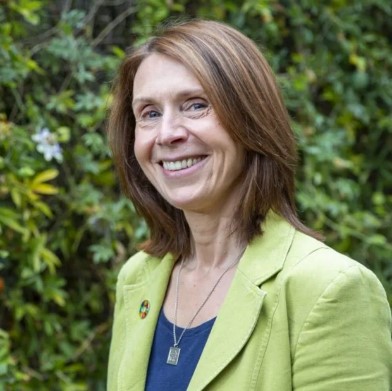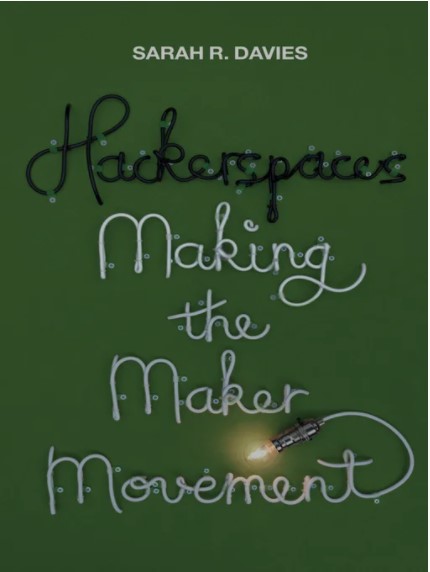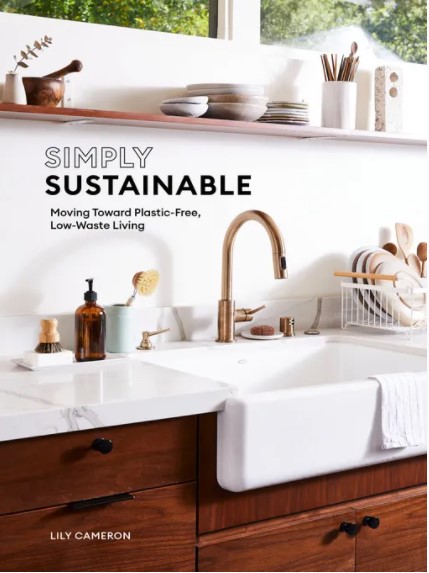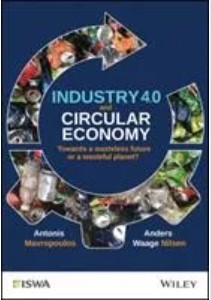Sustainable Living
Four Conversations is an annual signature programme by the National Library where thought leaders share new possibilities for the future, while inspiring lifelong learning and the creation of new knowledge.
This resource guide has been produced to complement the conversation on Sustainable Living.
The speakers for this session are:

Chief Executive,
Co-founder of Bioregional (UK)

Founder and Director of
Sustainable Living Lab (Singapore)
This session was moderated by Stephanie Dickson, Founder and Editor in Chief of Green Is The New Black.
Sustainable living involves making deliberate choices to reduce individual and collective environmental impact in the hope that future generations will be able to inherit a safe and healthy planet. As the earth’s resources are finite, it is crucial to reduce one’s carbon footprint by using the earth’s natural resources economically and minimising the production of waste, pollution and greenhouse gases. 1
A circular economy approach is often proposed as a means to both promote economic development and environmental sustainability. It is an economic model where materials are reused, remanufactured, recycled or recovered for as long as possible and waste generation is significantly curtailed. 2
An example of this in Singapore is how used water is treated and purified using advanced membrane technologies and ultra-violet disinfection to make NEWater. 3
There are many ways to live sustainably, such as making conscious decisions about how home appliances are used, the kind of products purchased, the type of food consumed and modes of transport used. Living sustainably not only helps to improve the well-being of our planet but also has tremendous health benefits when humans rely less on vehicles, become physically more active and consume better quality foods grown organically and locally. 4
This guide provides supplementary resources for those who are keen to further explore this topic. You can also visit to search for more resources. If you would like to view other resource guides created by our librarians, please visit .
This resource guide was prepared in September 2021 by Sharon Teng, a Librarian at the National Library, Singapore.
Websites
Net zero: Why is it necessary?
Net zero: Why is it necessary? (2018). Energy & Climate Intelligence Unit. Retrieved 2021, August 26, from
Sustainable lifestyles
Sustainable lifestyles. (n.d.). UN Environment Programme. Retrieved 2021, August 26, from
What is a circular economy?
What is a circular economy? (n.d.). Ellen MacArthur Foundation. Retrieved 2021, August 26, from
What is sustainable living?
What is sustainable living? (2021). Sustainable Jungle. Retrieved 2021, August 26, from
Videos
The Circular Economy: A Simple Explanation: Cillian Lohan
The Circular Economy: A Simple Explanation: Cillian Lohan. (2018, February 18). TEDx Talks. Retrieved August 31, 2021, from
Why I live a zero waste life: Lauren Singer
Why I live a zero waste life: Lauren Singer. (2015, May 27). TEDx Talks. Retrieved August 31, 2021, from
Journal articles
Towards a greener lifestyle
Riddlestone, S. (2014, Jun-Aug). Towards a greener lifestyle. EG Magazine, 19(6), 9-11.
Retrieved from Proquest Central via NLB’s eResources website (myLibrary ID is required to access this article.)
The COVID-19 lockdown effect on the intention to purchase sustainable brands
Alexa, L., Apetrei, A. and Sapena, J. (2021). The COVID-19 lockdown effect on the intention to purchase sustainable bands. Sustainability, 13(6), 3241.
Retrieved from Proquest Central via NLB’s eResources website (myLibrary ID is required to access this article.)
To see a world in a grain of sand - the transformative potential of small community actions
Watabe, A. and Gilby, S. (2020). To see a world in a grain of sand - the transformative potential of small community actions. Sustainability, 12(18), 7404.
Retrieved from Proquest Central via NLB’s eResources website (myLibrary ID is required to access this article.)
Urban gardening in Germany: Cultivating a sustainable lifestyle for the societal transition to a bioeconomy
Maier, A. and Lewandowski, I. (2019). Urban gardening in Germany: Cultivating a sustainable lifestyle for the societal transition to a bioeconomy. Sustainability, 11(3), 801.
Retrieved from Proquest Central via NLB’s eResources website (myLibrary ID is required to access this article.)
eBooks
Hackerspaces: Making the maker movement
Davies, S. R. (2017). Hackerspaces: Making the maker movement. Hoboken, New Jersey: Wiley.
Retrieved from OverDrive. (myLibrary ID is required to access the eBook)
URL:

Simply sustainable: Moving toward plastic-free, low-waste living
Cameron, L. (2021). Simply sustainable: Moving toward plastic-free, low-waste living. New York: Clarkson Potter/Ten Speed Press.
Retrieved from OverDrive. (myLibrary ID is required to access the eBook)
URL:

Books
Industry 4.0 and circular economy: Towards a wasteless future or a wasteful planet?
Mavropoulos, A. and Nilsen, A. W. (2020). Industry 4.0 and circular economy: Towards a wasteless future or a wasteful planet? Hoboken, NJ: Wiley. (Call no.: R 338.927 MAV)
URL:

All Rights Reserved. National Library Board Singapore 2021.
-
What is sustainable living? (2021). Inspire. Retrieved August 29, 2021, from ; What is sustainable living? (2021). The Good Trade. Retrieved August 29, 2021, from ↩
-
GOAL 12: Sustainable consumption and production. (2021). UN Environment Programme. Retrieved August 29, 2021, from ; ↩
-
Sustainable living. (2021). Singapore Green Plan 2030. Retrieved August 26, 2021, from ; NEWater quality. (2021). Public Utilities Board. Retrieved August 29, 2021, from ↩
-
What is sustainable living? (2021). Inspire. Retrieved August 29, 2021, from ; What is sustainable living? (2021). The Good Trade. Retrieved August 29, 2021, from ↩

